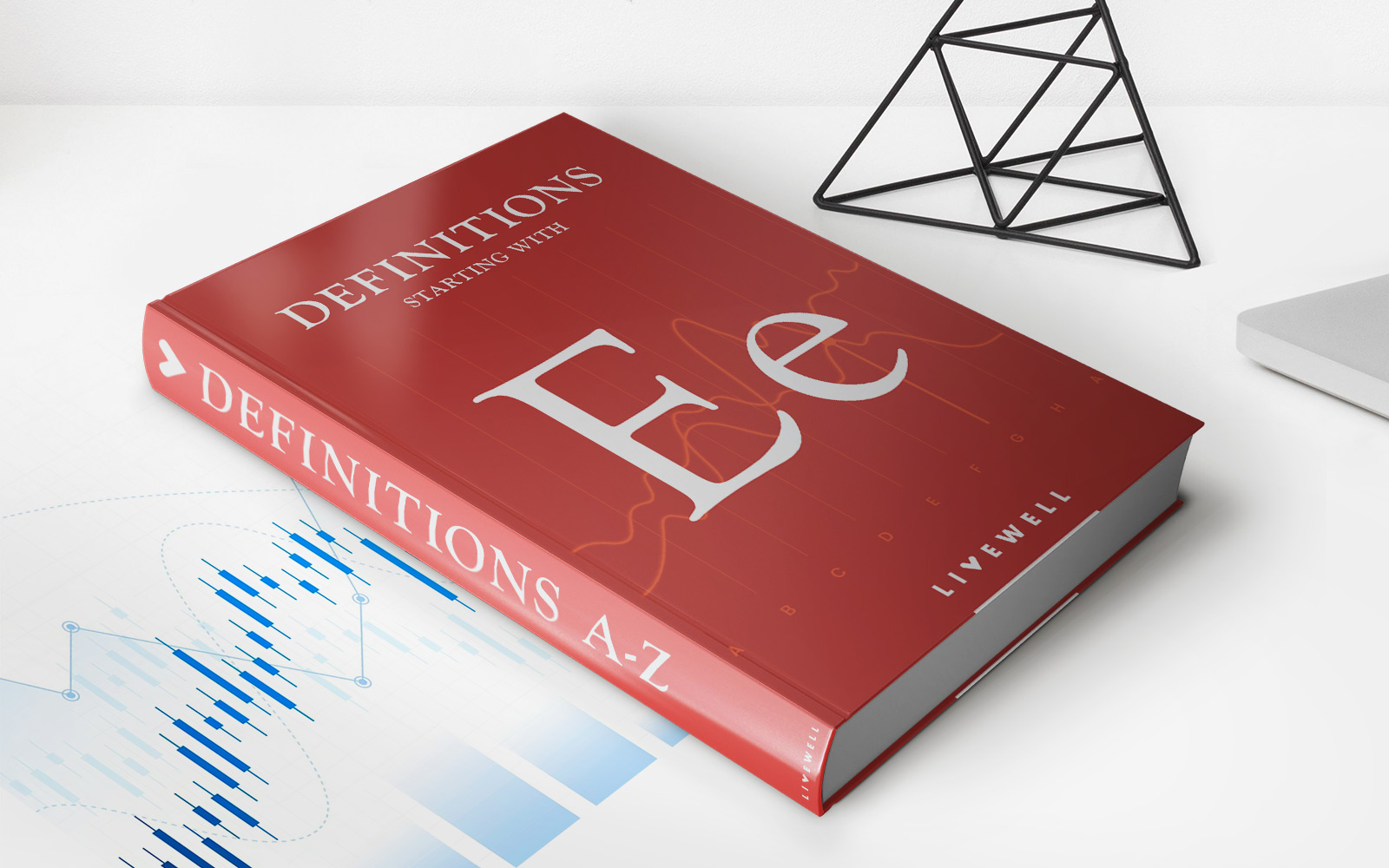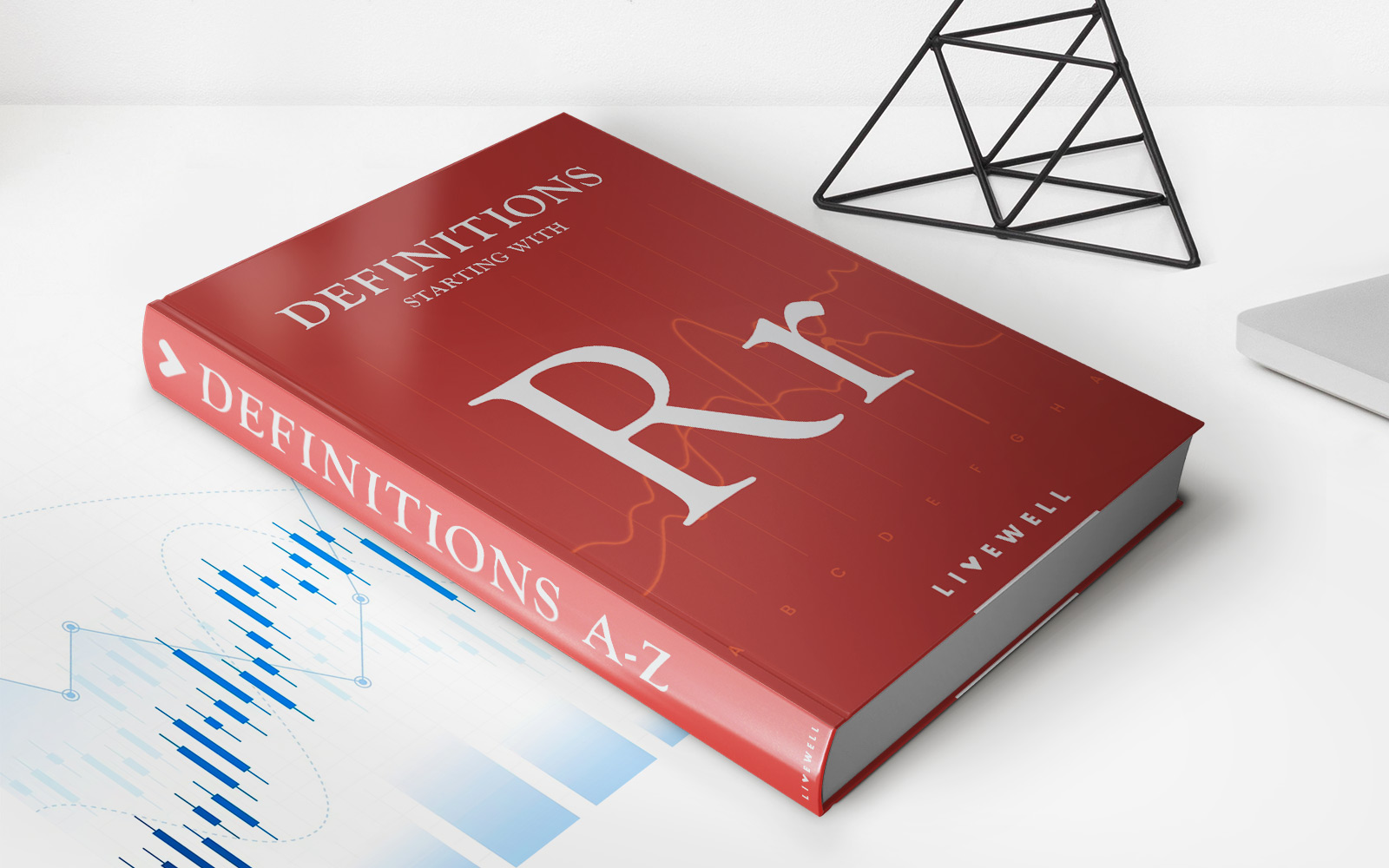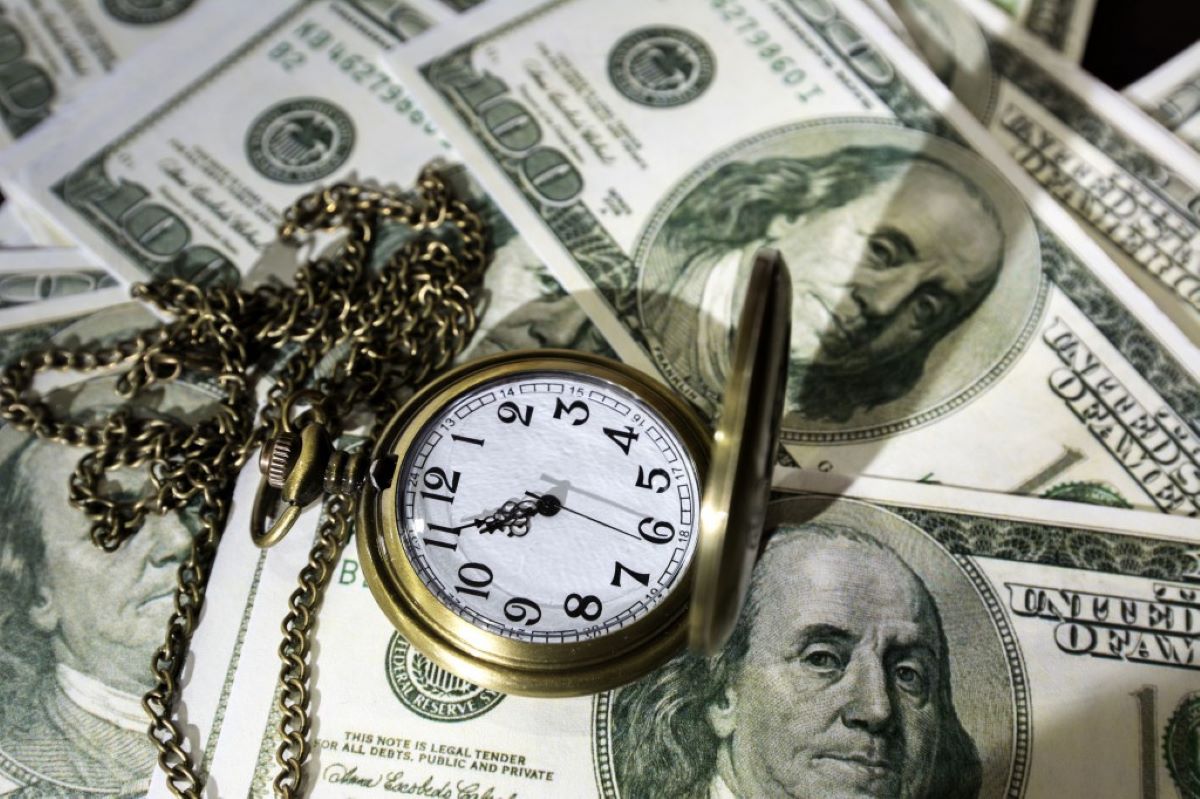

Finance
Echo Bubble Definition
Published: November 16, 2023
Find out the meaning and importance of an Echo Bubble in finance, and how it can impact the market. Learn about the concept of financial bubbles and their effects.
(Many of the links in this article redirect to a specific reviewed product. Your purchase of these products through affiliate links helps to generate commission for LiveWell, at no extra cost. Learn more)
Understanding Echo Bubbles in Finance
Finance is a complex field with its fair share of ups and downs. One phenomenon that often occurs is the creation of echo bubbles. But what exactly is an echo bubble? And how does it affect the financial world? Let’s delve deeper into this intriguing topic.
Key Takeaways:
- An echo bubble refers to a secondary, smaller bubble that forms after the bursting of a larger bubble in the financial market.
- These echo bubbles occur when investors fail to learn from past mistakes and repeat the same patterns that led to the initial bubble.
Imagine this scenario: There’s a rapid increase in the value of a certain asset, such as real estate or stocks. Investors quickly jump on the bandwagon, hoping to ride the wave of profits. However, due to various factors like overvaluation or unsustainable market conditions, the bubble eventually bursts, leading to a sharp decline in asset prices.
Now, here’s where things get interesting. Instead of learning from this experience and taking a cautious approach, investors often find themselves falling into the trap of an echo bubble. This secondary bubble occurs when the same investors, driven by a fear of missing out, pour their money into the same asset class that just recently crashed.
So, why do echo bubbles happen? One reason is that investors tend to have short memories and fail to fully grasp the lessons of history. They get caught up in the excitement of a booming market, ignoring the warning signs and risks associated with such frothy conditions. Another factor contributing to echo bubbles is the fear of being left behind. Investors don’t want to miss out on potential gains, even if it means taking on excessive risks.
As with any bubble, an echo bubble carries its own set of risks. Just like its predecessor, the echo bubble is prone to bursting, causing asset prices to plummet once again. This can lead to significant financial losses for individuals and even have broader implications for the economy. The ripple effect of an echo bubble bursting can result in market instability, job losses, and a decrease in consumer confidence.
So, how can investors protect themselves from echo bubbles? Here are a few key strategies:
- Educate Yourself: Stay informed about market trends, historical data, and the factors that drive bubbles. Building your knowledge base can help you make more informed investment decisions.
- Diversify Your Portfolio: Spread your investments across different asset classes and sectors to minimize the impact of any single bubble.
- Stay Steadfast: Don’t get swayed by market hype or fear of missing out. Stick to your investment strategy and avoid making impulsive decisions based on short-term market fluctuations.
While echo bubbles can be challenging to navigate, understanding their nature and the underlying psychology of investors can help you stay one step ahead. By learning from past mistakes and being cautious in your investment approach, you can mitigate the risks and potentially capitalize on opportunities that arise during these turbulent times.
Remember, financial markets are dynamic and ever-evolving, and it’s crucial to adapt your strategies accordingly. Keeping a watchful eye on market trends and maintaining a disciplined approach will be key to your long-term financial success.














